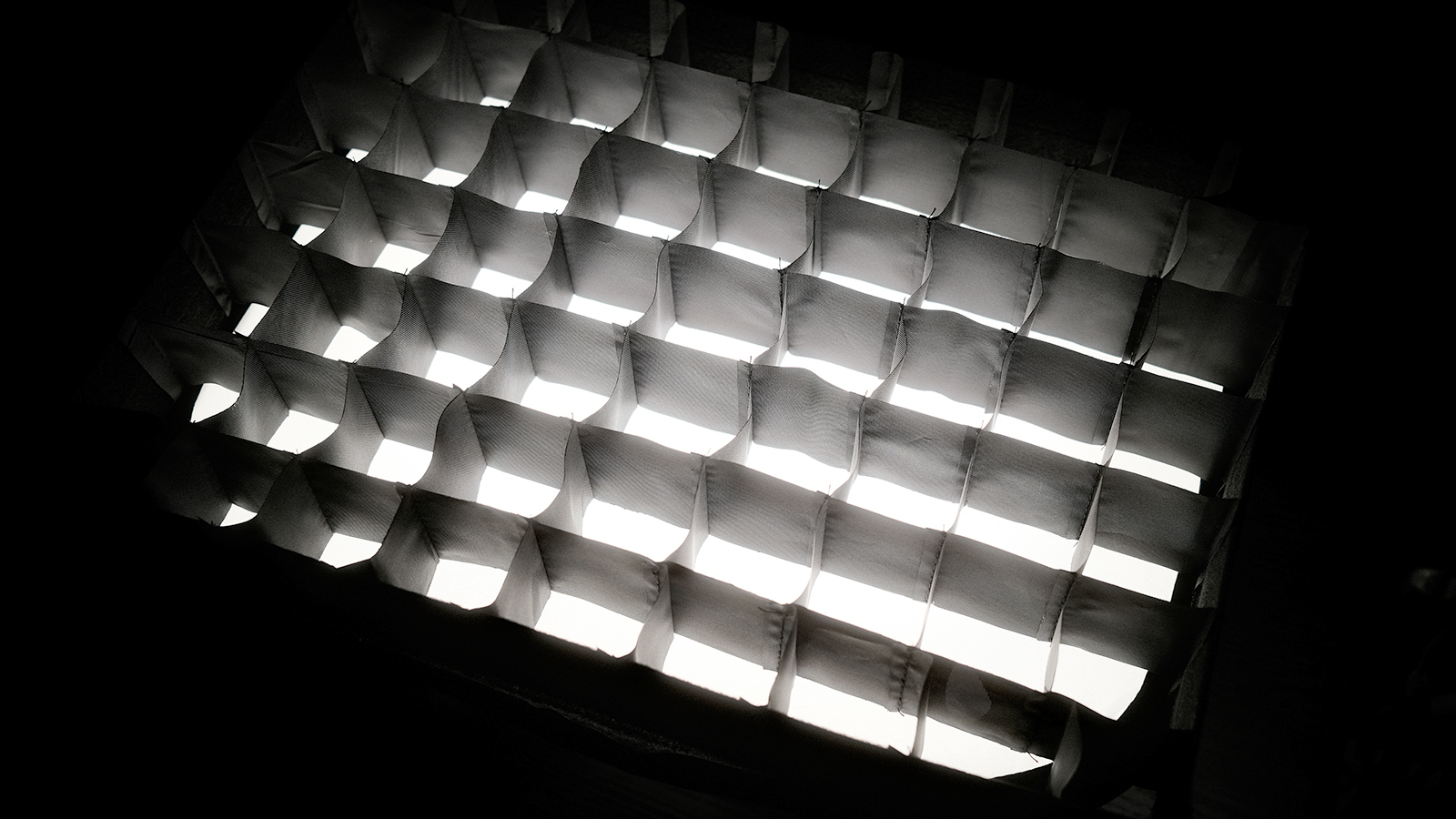
Amaran, one of Aputure’s companies has been around for a number of years now, serving the creator community, from indie filmmakers, to vloggers and YouTubers. They have built a loyal following of vocal proponents thanks to a range of lighting products that offer reliability and quality at a suitable price point. The Amaran lights tend to be substantially cheaper than their Aputure counterparts whilst still providing excellent features. Each new generation tends to offer significant upgrades over the previous but does the P60x follow that trend?
I’ve been using lights from many sources, including both Aputure and Amaran for many years and I’m always on the lookout for gear that offers bang for buck and, with many hours of use, can share my thoughts on the P60x, Amaran’s bi-color LED light panel.
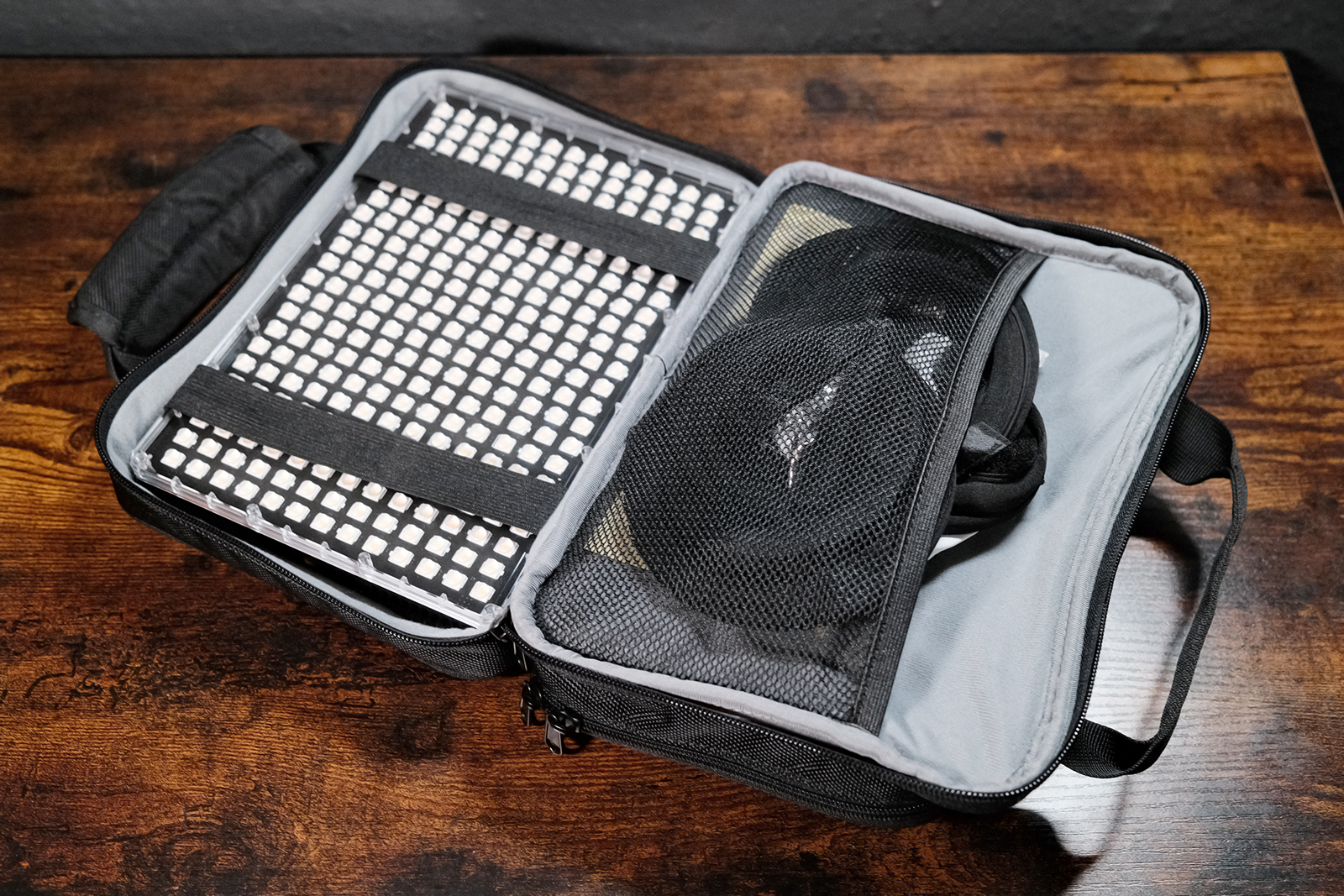
P60x: Specifications
P60x: Price
£248 is a reasonable price for a light like this but do shop around as prices change substantially and frequently.
P60x: Design & Handling
I’ve used more budget-friendly lights before and they can vary drastically in quality but the Amarans are excellent, improving with each generation. The P60x has a plastic body but it is a good quality plastic, that feels robust without any of the cheap brittle feel you can sometimes get. The top and both sides have a ¼” 20 mounting point for a stand or spigot. A spigot and light stand adapter come in the case too and have a good build. Previous Amaran lights had a flaw where the umbrella mount was on the bottom half but this has been moved to the top half, so the modifier moves with the light. A very welcome change.
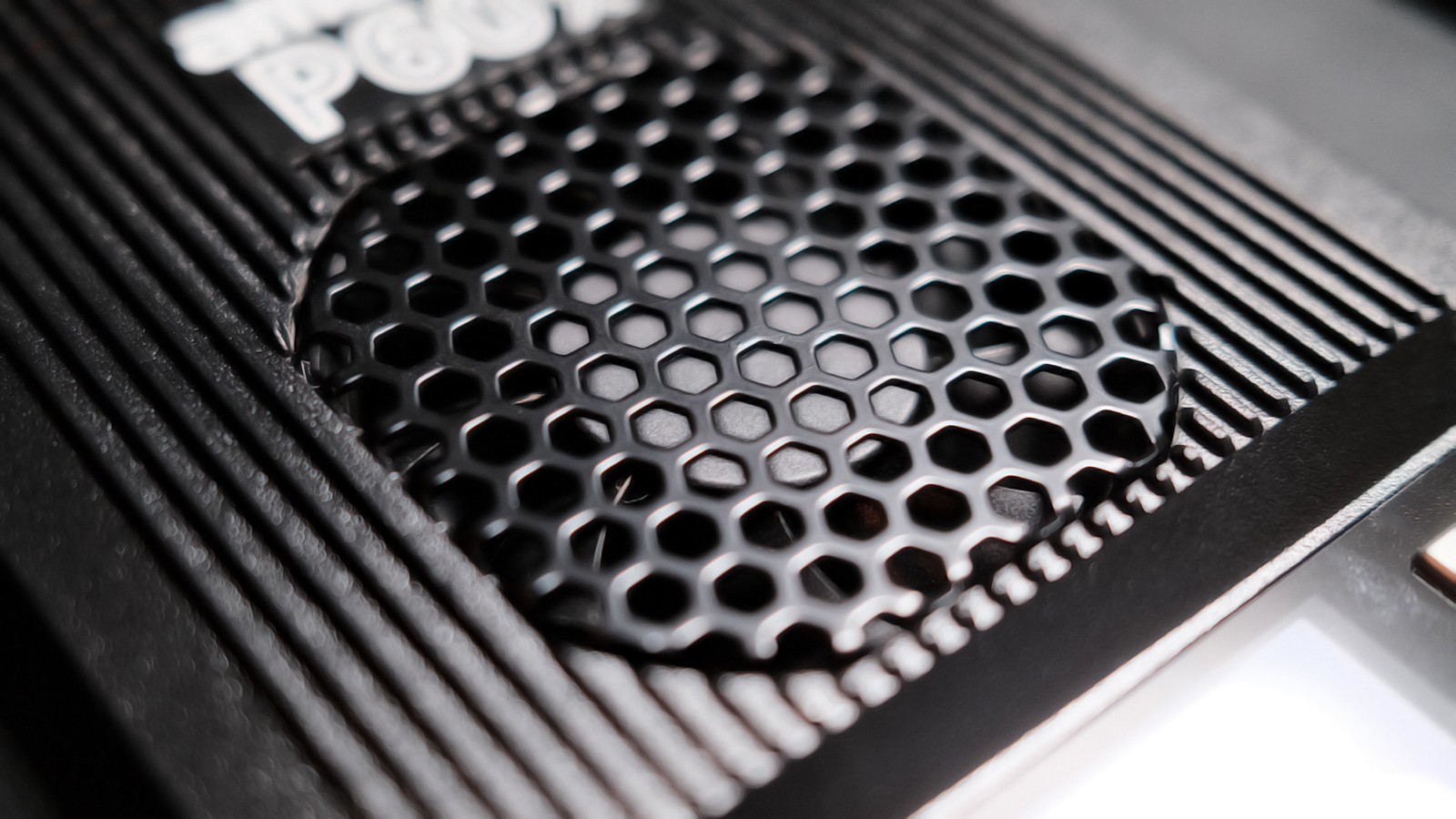
There’s a single cooling fan, a locking power connector, and two NPF battery slots, along with the menu screen and a handful of controls. These include intensity and color temperature rotary controls, buttons for accessing menu options, plus quick buttons for lighting or FX controls. The rotary controls are both buttons too, used for confirming selections. Everything feels solid, with good tactile feedback.
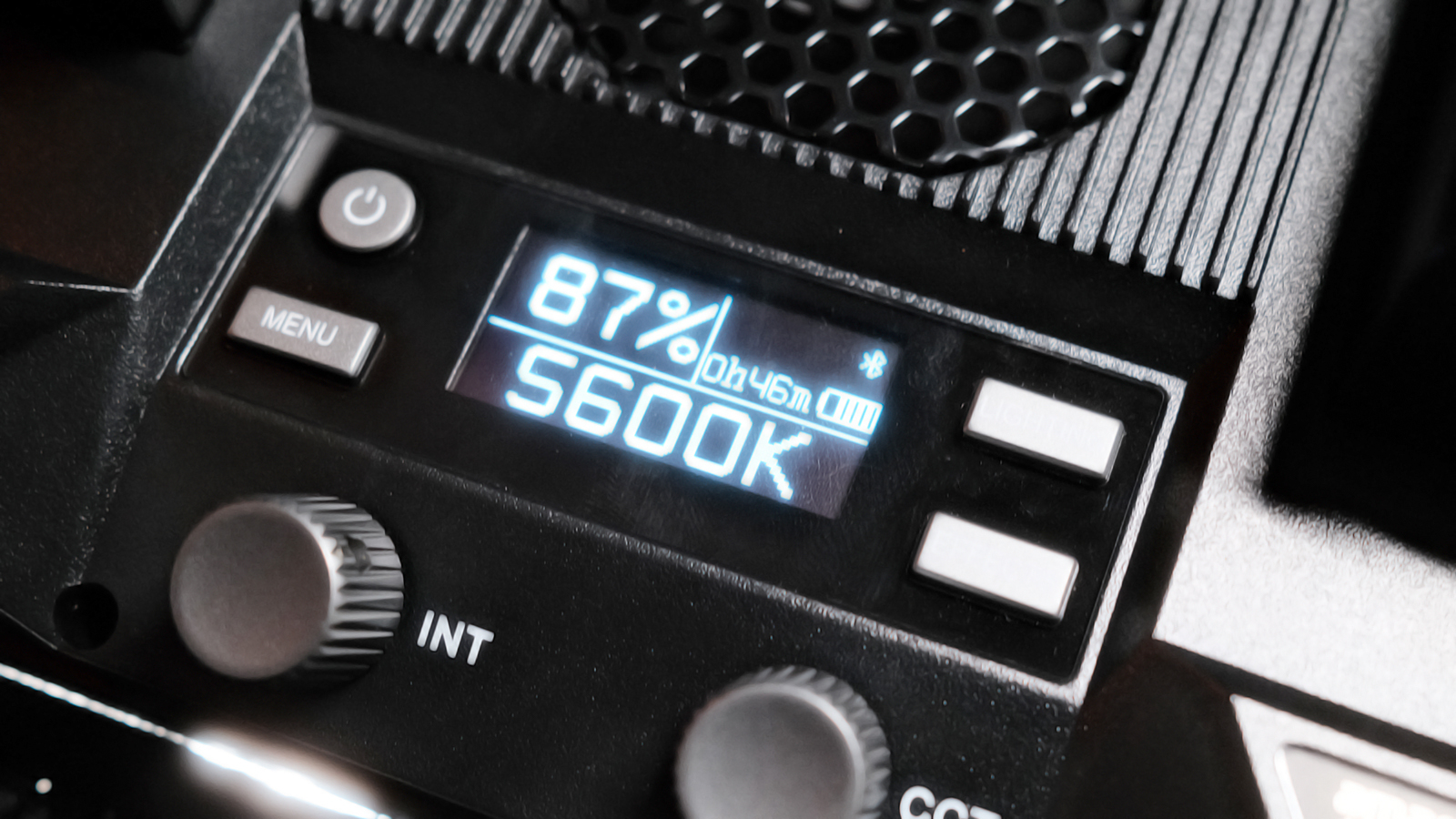
The screen is small but clear, bright, and easy to read. The menu structure is simple and easy to navigate but for many users, control will be done with the Sidus link app.
Everything ships in a nice padded fabric carry case, with a pouch for accessories, such as the power brick, cables, a pop-up softbox, and paperwork. The only thing that doesn’t fit here is the folding grid, which is a shame, as this makes it easy to misplace or forget on a busy shoot.
The pop-up softbox does a decent job and attaches via elastic straps that hook over lugs on the rear of the light’s casing. Its design does mean it sometimes isn’t always regularly shaped but that’s a small nitpick. I’m less impressed by the grid, which attaches to the edges of the softbox with velcro, which is in itself fin, however, the nature of a grid means there’s scant contact area, so some pressure is needed to get it to stick. But it’s nice to have an extra level of control over lighting, so it has that in its favor.
P60x: Power
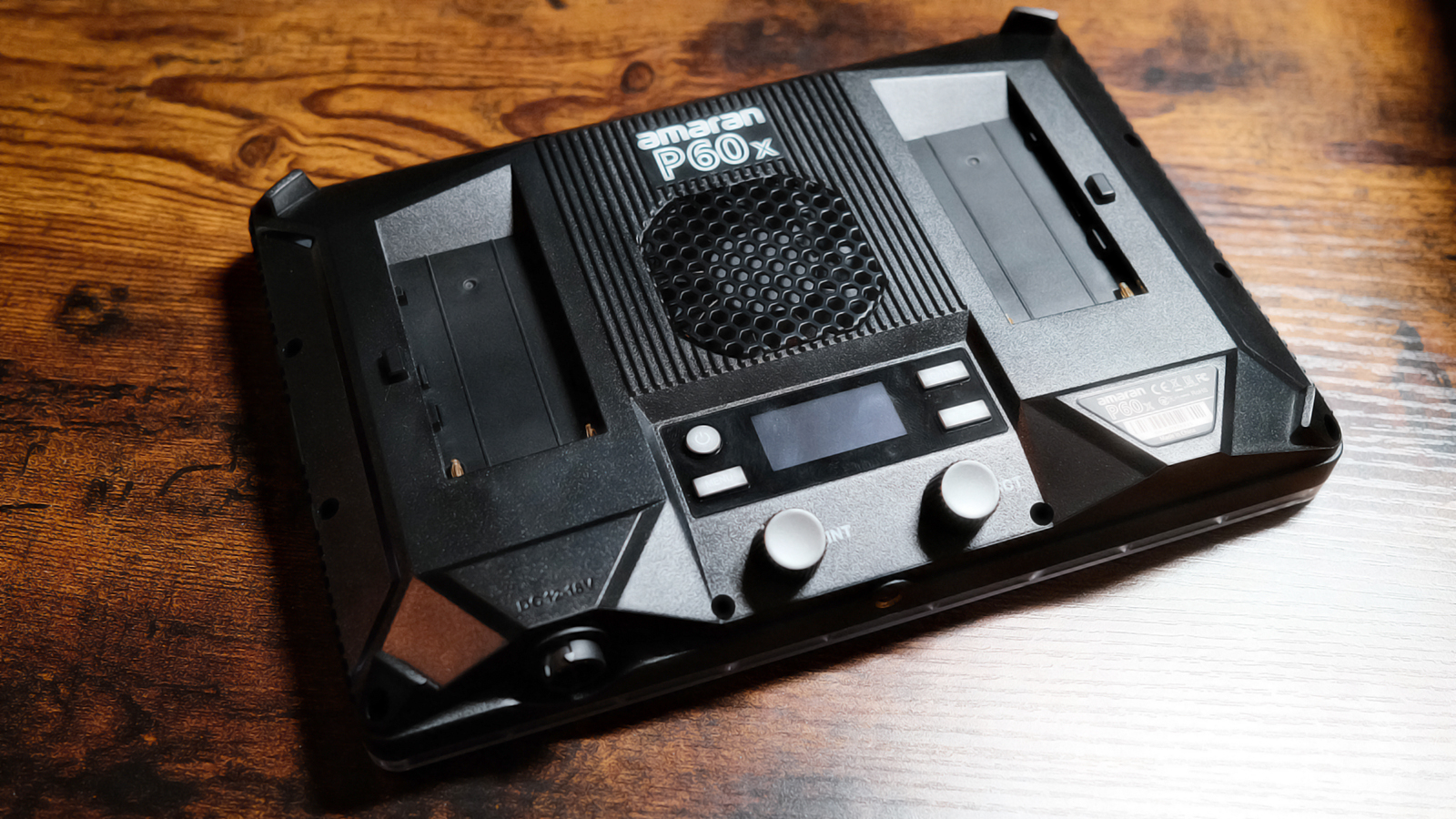
I really like having options and anything that makes life easier or more efficient is a good thing. That is no more true than when it comes to powering devices on a shoot and the P60x really shines here. The locking mains adapter is a great touch and prevents accidentally pulling the cord and ruining a shot. The power brick has a metal loop meaning it can be hung off the floor on a stand too.
On top of that are the two NPF sockets. I like NPF for the range of sizes on offer and cost, so another good call by Amaran. What’s better yet is that these NPF batteries charge when the mains power is connected, even with the light switched off. There’s a handy charge level indicator on the screen too.
You could also run this light with a V-mount, if you had a stand clamp and the appropriate cable.
All in all a fantastic range of powering options and that makes for a versatile light that can be put nearly anywhere.
The light can be put into studio mode, ideal for a regular setup, with multiple lights as you can simply turn on the wall switch and all the lights will turn on at once. Of course, you could use Sidus link for that too but it’s a neat touch.
Battery life isn’t bad either. At full power, using two NPF750s it is capable of nearly an hour but reduce the output to around 65% and that number jumps to over two hours. Keep in mind that batteries aren’t made equally, so results will likely vary a little.
P60x: Performance
Some smaller LED panels can be somewhat underwhelming in use, with little output, however, the P60x is very strong here. Wattage isn’t the best measure of output so that 60-watt number doesn’t mean a huge deal. Better to look at the lux value of 5070 at one meter. Not best in class (Amaran’s sister product, the full-color P60c performs a bit better) but still impressive and I’m a big fan of the smoothness of dialing in a brightness.
The colour temperature is similarly impressive. It’s easy to set, using the control on the rear, or the app, and is accurate, with a decent range of 3200K to 6500K and a CRI rating of 95.
The menus on the P60x are simple, as is the light. Navigation is easy, with everything laid out logically, from studio mode to fan settings and lighting FX.
The fan can be set to smart or medium, which is odd. There’s no off or low setting available and I’d suggest leaving it on smart, which will set the power depending on what’s needed as heat levels change. The fan is very quiet too, saving a headache in post-production.
Although the P60x has some FX built in they are more limited than in other lights, purely as this is a bi-color light, so can’t take advantage of the RGB LEDs found elsewhere. That said, there are the usual suspects from fireworks and paparazzi to strobe and pulse, each with controls for intensity frequency and color temperature.

Amaran has employed a special layout for the LEDs on this light, in an attempt to reduce the odd multiple shadows you get from a regular grid layout. I’d say this is only a reasonable success. In a larger space, it works well but in a small location you do still get a little of it, so using the soft box is almost always going to give better results. This of course opens up the opportunity to control light falloff using the grid too. I prefer lights a little softer and the P60 is powerful enough to add an extra layer of diffusion. That could be a simple diffuser on a stand, or an umbrella mounted to the spigot adapter, as mentioned before. That would be my preference and I’ve had good results using that method, although you do get more spill.
Overall the P60x performs very well. It has strong, accurate light output and can be adapted to various use cases. It’s a great key light but can be put to use as a fill, or hair light too.
P60x: control
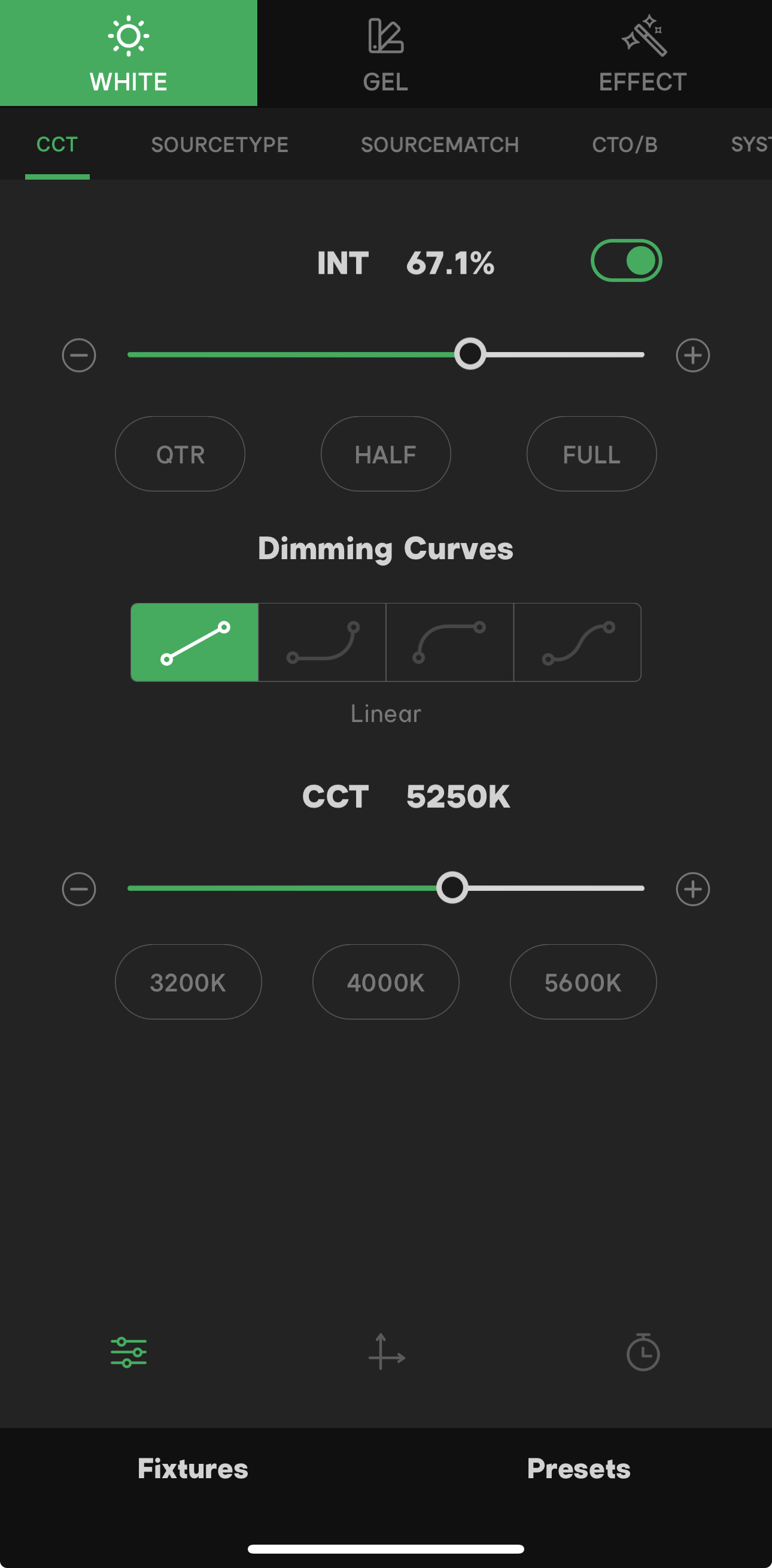
I’ve talked about the on-board controls, which are very good but Amaran/Aputure lights really prove their worth when connected via their Sidus link app. This gives complete control over the light from the comfort of your phone, making it easy to make adjustments, even when the light is rigged in awkward locations. Better yet you can use it to set up scenes for recall later and these scenes can control multiple lights.
P60x: verdict
The P60x is a very capable small panel LED light fixture, with some useful features for on-set or location. It should be considered essential for small lighting rigs, with a little thoughtful planning.
✅ Buy it...
- for a small but bright panel
- verastile setup options
🚫 Don't buy it...
- You need full RGB colour







